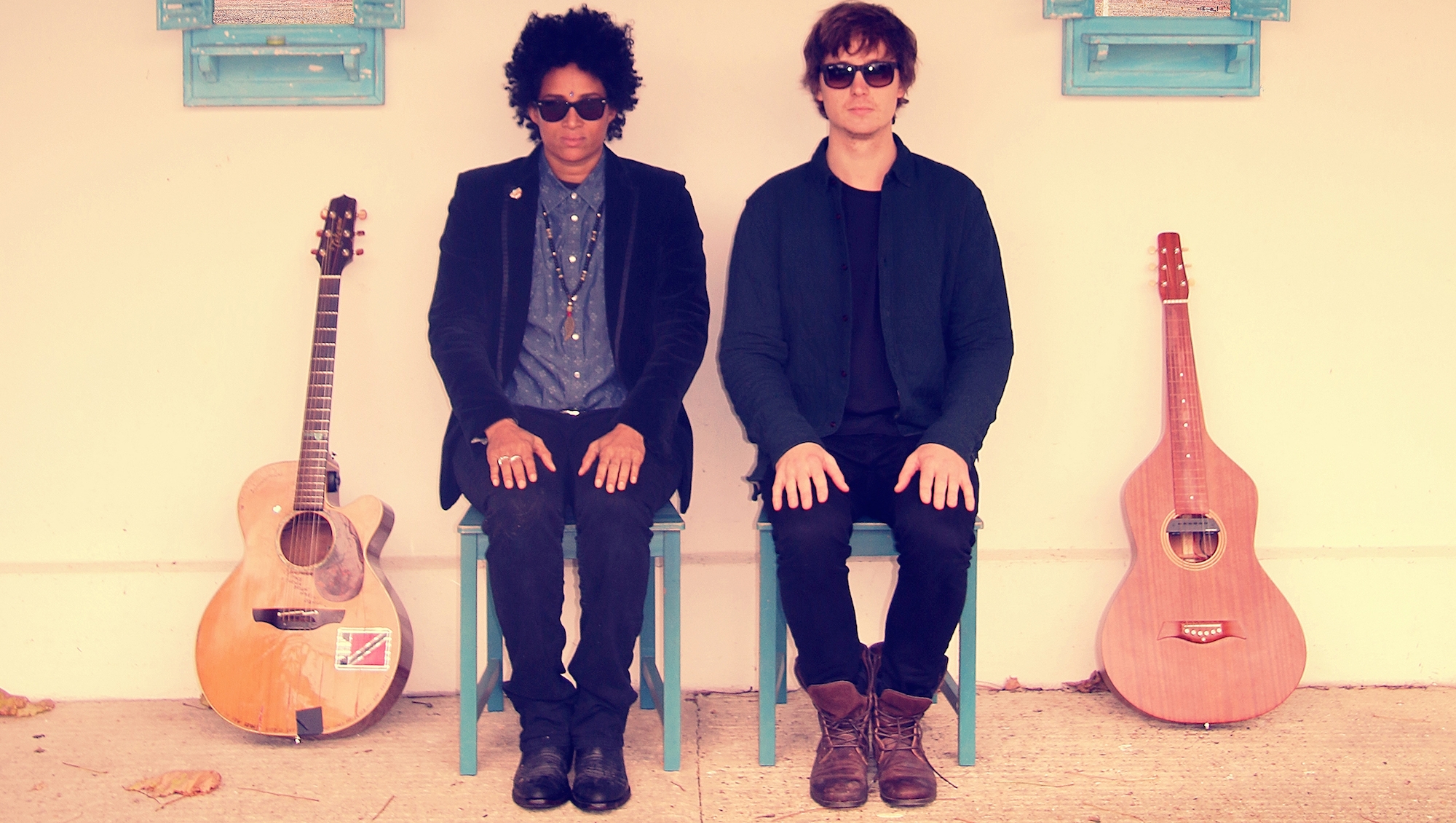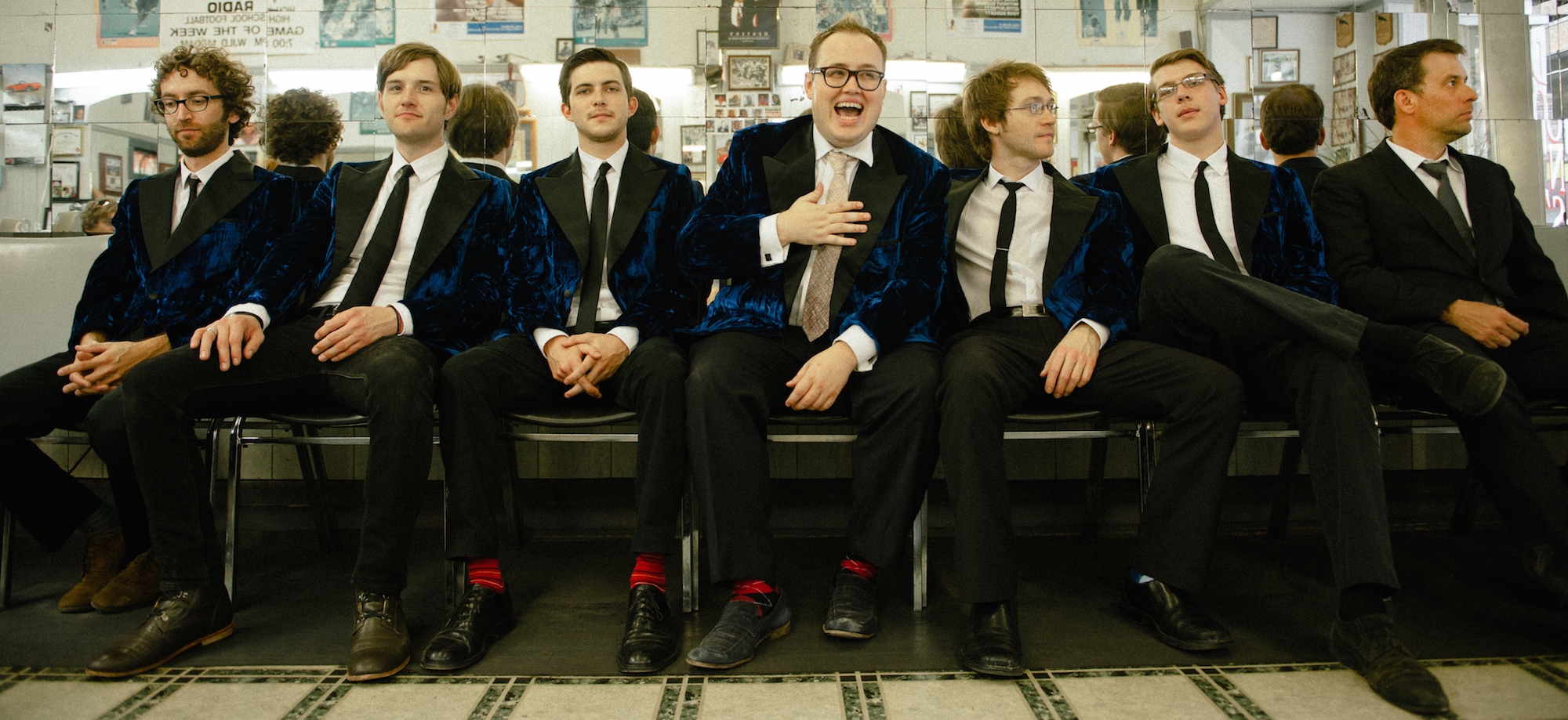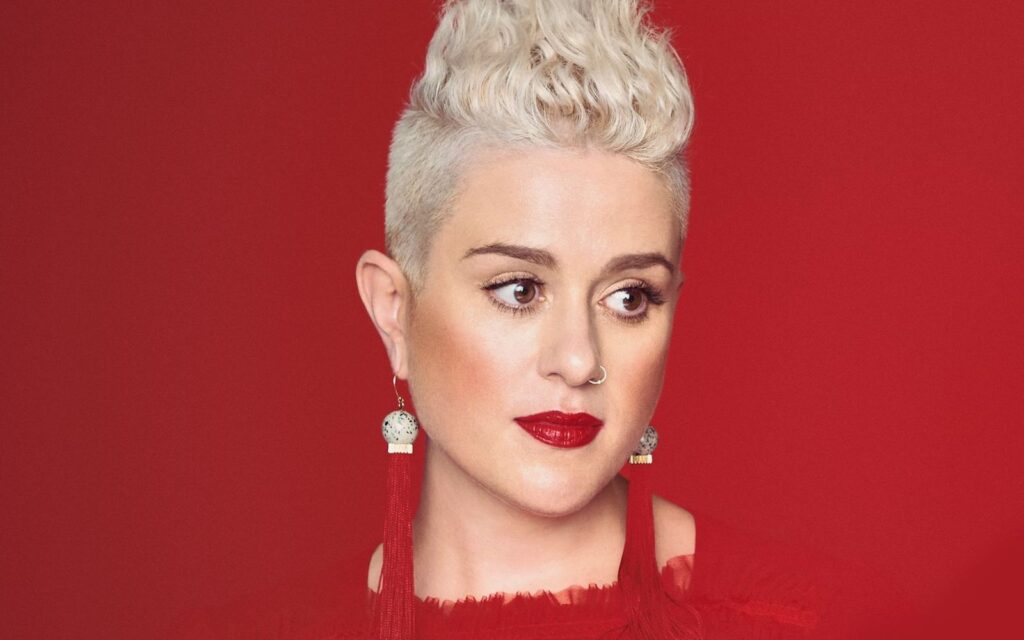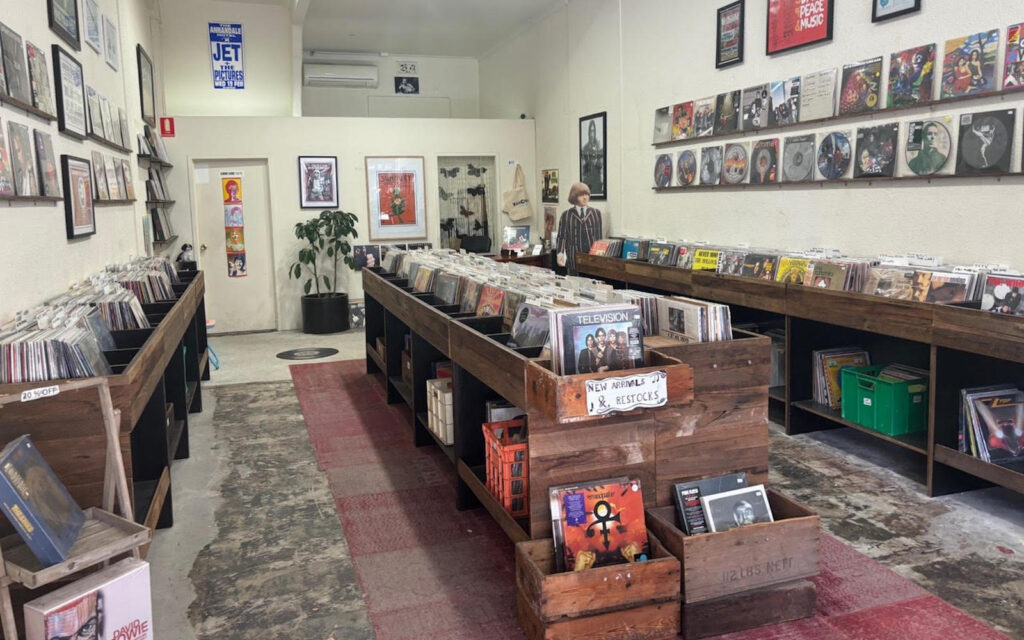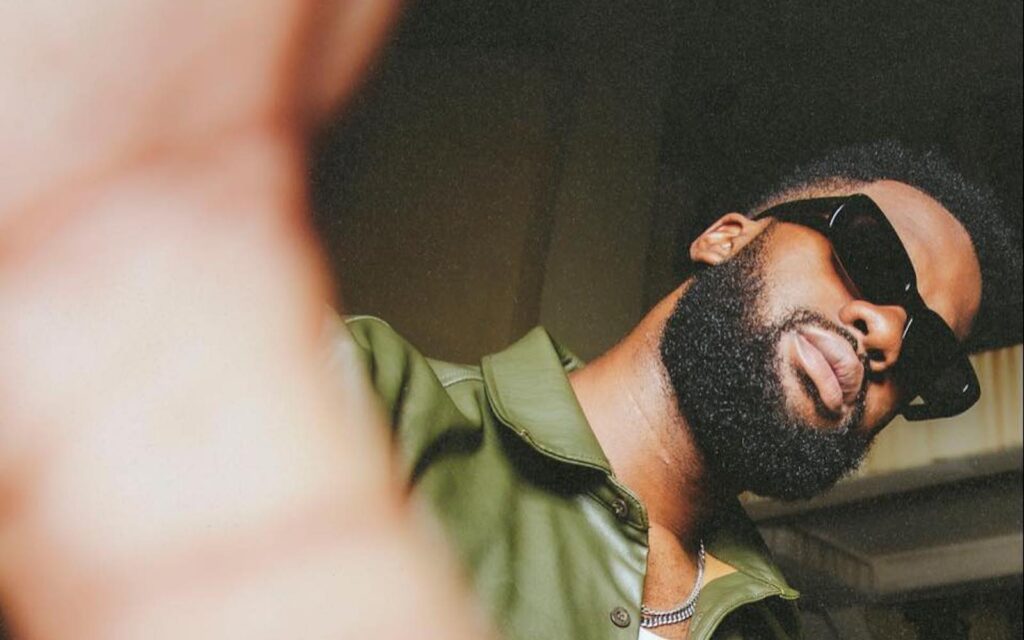“I just think [music is] colour,” Gachette says, her voice low and thoughtful. “First [my life] was black and white, and then slowly colour faded in. And that colour was music. I think it started when [I was] around four years old, the appreciation of music. Writing songs was the thing that came first, and I started doing that from about seven.”
Heintz’s origin story is different, but the passion in his voice when he talks about his entry into the world of professional music mirrors that of Gachette’s. “For me, I don’t remember exactly one moment when I really felt like [music] was going to be my job. I remember growing up and it was in my body,” he says. “In my soul.” “Yeah, for a while I didn’t really see myself as a singer,” Gachette adds. “I thought I was going to be a songwriter, [and] write songs for other people. Then I went to see my uncle and played him some songs. He used to be in a band called Loose Ends. He was the one who said, ‘Maybe you should think about singing.’ And I just thought, ‘Okay, well I’ll give it a go’.”
It would be a mistake to suggest Gachette has merely ‘given it a go’: as the frontperson for rock band Z-Star she has been transcending the limits of the stage for almost two decades now, releasing album after album and traversing genres with a nimbleness rare in contemporary music.
Not that she’s just stopped there, either. She also plays drums and sings in Z-Star Delta, a side project to Z-Star born out of Gachette and Heintz’s very first proper tour of Aussie shores. “The pair of us came over [to Australia] and picked up some session musicians for some shows,” she explains. “But we did a lot of shows, just the two of us, as a duo, and we realised there are some Z-Star songs that work stripped back, and some that don’t. So we started writing new songs, and that kind of became its own beast,” she laughs. “Its own very furry beast.”
The two-piece setup of Z-Star Delta seems to have energised Gachette and Heintz’s working relationship. “We’ve been experimenting more,” Gachette says. “We’ve been experimenting with keys, more modern sounds.”
“Sound effects and guitar too,” Heintz adds. “There’s more space for the two of us to really say something with our instruments. It feels different. It’s more intense, definitely more intense.” Gachette agrees. “There’s a lot more space, there’s a lot more acoustic stuff,” she says. “A lot more space for the guitar and vocals. I do think sometimes it’s lighter than the full throttle rock band, but sometimes it’s even more intense because it’s just two of us. We just do more with the two of us. Like [we think], ‘How can we do this? How can we get out of our comfort zone?’”
“Even if the show is challenging, I like to think something has come out of it,” she goes on. “Whether you’re playing in front of two thousand people or ten people, something has to come out of it. When we connect with the audience and we’ve improvised on the spot and bared our souls and sweat everything out, that’s when it’s a great show.”
